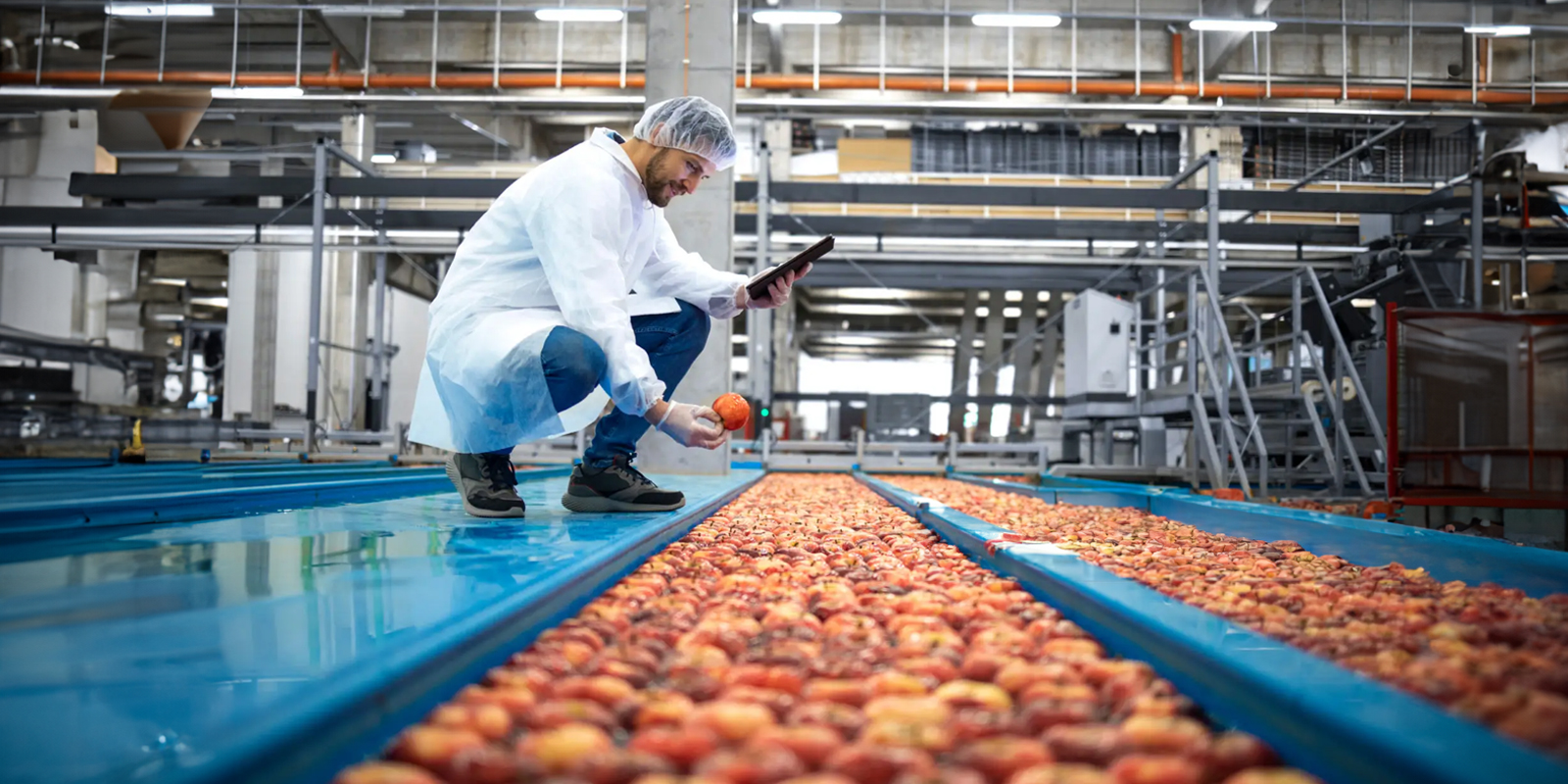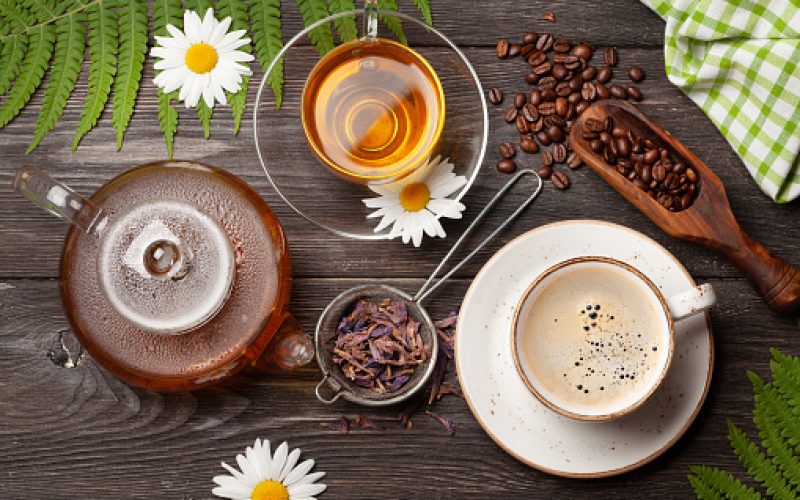TYPES OF TEA POWDER WE TEST
- Green tea
- Black tea
- Herbal tea
- Oolong tea
- White tea
- Fermented tea
- Yellow tea

FARE Labs is accredited with NABCB as per ISO 17020:2012 (Third Party Inspection Body) Scope includes:
IAF Scope 30 – Catering, Hotels, Canteens, Banquets, and Restaurants –
KNOW MORE
FARE Labs is your dedicated partner in ensuring the highest standards of food safety and quality. Our expert team is committed to safeguarding your reputation and protecting consumers by conducting thorough assessments, audits, and compliance checks.

FARE Labs is accredited with NABCB as per ISO 17020:2012 (Third Party Inspection Body) Scope includes:
IAF Scope 30 – Catering, Hotels, Canteens, Banquets, and Restaurants –
KNOW MORE
FARE Labs is your dedicated partner in ensuring the highest standards of food safety and quality. Our expert team is committed to safeguarding your reputation and protecting consumers by conducting thorough assessments, audits, and compliance checks.
Home → Services → Testing → FSSAI APPROVED TESTING LAB → Tea & Tea Products Testing

Tea is the most widely consumed beverage in the world. India is the second-largest producer, consumer and exporter of tea. It is mandatory for manufacturers and exporters to deliver a safe product that complies with local and international standards of safety for which tea testing is mandatory. Such compliance results in better market access, better quality of exports, increased consumer confidence and better brand image.
Tea may contain natural flavors and natural flavoring substances, which are flavor preparations and acceptable for human consumption only if it is obtained by physical processes from the plant origin, either in their natural state or after processing for human consumption in packaged tea only.
FARE Labs is a recognized laboratory from Tea Board through the Integrated Assessment conducted by NABL according to ISO 17025: 2017.
Tea manufacturers must make sure that the tea is packed and labelled in accordance with FSSAI regulations. The Food Safety and Standards Authority of India (FSSAI), is now very stringent on the regulatory norms related to the labelling requirements of the products. Therefore, the manufacturer must be very careful and ensure fulfilling all requirements or be liable for penalties mentioned under the FSS (Packaging and Labelling) Regulations, 2011. FSSAI has prohibited the use of any colouring substance in tea
It has allowed the use of 0.2% pectinase enzyme for enhancement of flavouring characteristics in tea. The use of natural flavours and the use of natural flavouring substances is permitted in tea.
FARE Labs has supported the efforts of the Indian tea producing and exporting community by providing analyses that are reliable and have high acceptance among buyers in the global market like tea testing certificates.We offer the necessary analysis for tea to comply with Food Safety and Standards Authority of India, Tea Board of India & Export Inspection Council.
Parameters such as caffeine and catechin play an important role on the quality of tea and require minimum stipulation.
Tea is the most widely consumed beverage in the world. India is the second-largest producer, consumer and exporter of tea. It is mandatory for manufacturers and exporters to deliver a safe product that complies with local and international standards of safety for which tea testing is mandatory. Such compliance results in better market access, better quality of exports, increased consumer confidence and better brand image.
Tea may contain natural flavors and natural flavoring substances, which are flavor preparations and acceptable for human consumption only if it is obtained by physical processes from the plant origin, either in their natural state or after processing for human consumption in packaged tea only.
FARE Labs is a recognized laboratory from Tea Board through the Integrated Assessment conducted by NABL according to ISO 17025: 2017.
Tea manufacturers must make sure that the tea is packed and labelled in accordance with FSSAI regulations. The Food Safety and Standards Authority of India (FSSAI), is now very stringent on the regulatory norms related to the labelling requirements of the products. Therefore, the manufacturer must be very careful and ensure fulfilling all requirements or be liable for penalties mentioned under the FSS (Packaging and Labelling) Regulations, 2011. FSSAI has prohibited the use of any colouring substance in tea
It has allowed the use of 0.2% pectinase enzyme for enhancement of flavouring characteristics in tea. The use of natural flavours and the use of natural flavouring substances is permitted in tea.
FARE Labs has supported the efforts of the Indian tea producing and exporting community by providing analyses that are reliable and have high acceptance among buyers in the global market like tea testing certificates.We offer the necessary analysis for tea to comply with Food Safety and Standards Authority of India, Tea Board of India & Export Inspection Council.
Parameters such as caffeine and catechin play an important role on the quality of tea and require minimum stipulation.
Get in Touch!